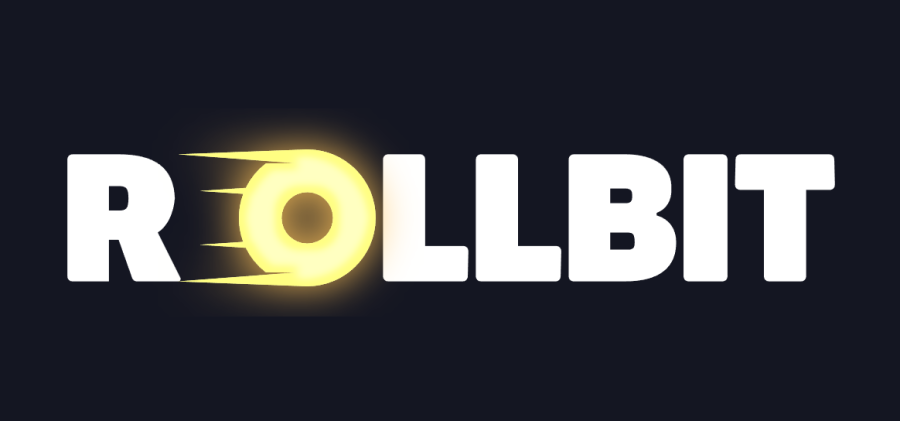At Google’s event today, the company announced not just a number of fantastic new features, including real-time search, but a new partnership as well: real-time search of public Facebook status updates.

A Google/Twitter partnership was announced months ago but we assumed that Facebook wouldn’t allow Google to index many details of its site because the two are fast becoming big rivals. Thus today’s announcement is a very big surprise.
The integration of Facebook updates into Google search isn’t live yet; Google just said “soon” at its event today. The company also declined to comment on whether they were paying for access to this information. It has been presumed that Twitter is being paid by partners including Google, Bing and Yahoo for access to its firehose of updates.
SearchEngineLand’s Danny Sullivan pointed out at the Google event today that there was some real irony in the fact that these real-time sources may be receiving millions from the search engines, while newspapers have demanded payment from Google for inclusion in search, but have been rebuffed.
Want your Facebook updates to stay out of Google? If that’s a concern, you needn’t worry. Only people who have changed their privacy settings to Public will have their content show up in Google. Facebook would like you to change that setting, but you don’t need to worry about your private content being sold to Google without your opting-in by changing your settings.
If Facebook is able to prod more users into sharing more content publicly, then it could rival Twitter in importance among real-time sources. Facebook has approximately 10 times as many users as Twitter today, but the fact that its default privacy setting is private means far less content is available for indexing. In addition to a potential for greater quantity, Facebook also holds far more personal information about its users, meaning that search tactics like personalization and localization would have more data points to process.
Ultimately, the real-time web remains larger than both of these sources and the newly-included MySpace partnership (also announced today). There is so much implicit real-time data online that few real-time search startups use only explicit data, like shared links, from social networks. For example, user click-streams are being indexed by real-time startups like OneRiot and Wowd, and user presence data is a valuable piece of real-time data being leveraged by startups like Aardvark. Google could try to revise its contract with users to allow indexing of click-streams, though, and TechCrunch reported last night that the company is trying to acquire Aardvark as we speak.
This real-time search stuff is just beginning.






















